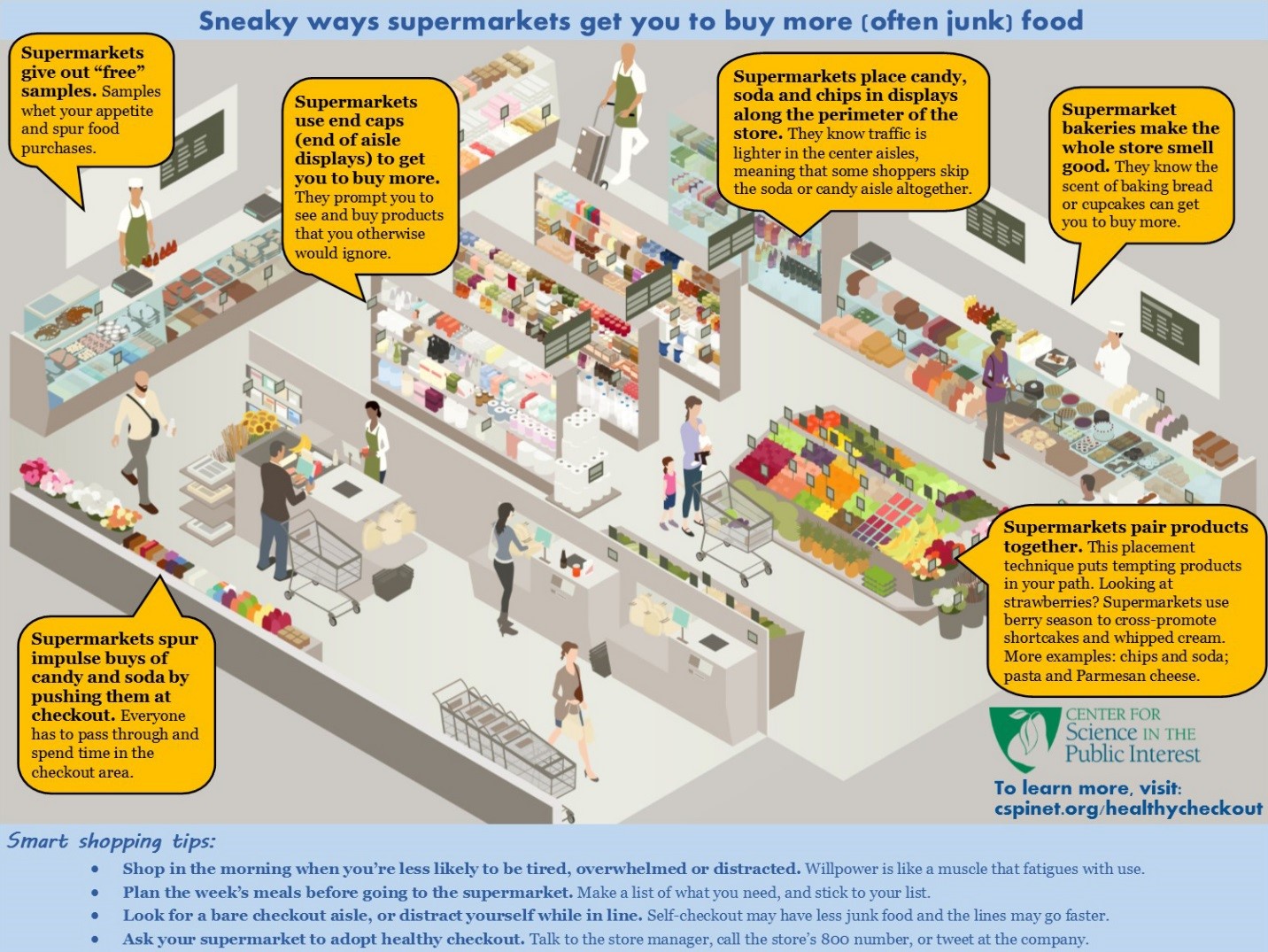Similar Posts
Money Talk in the Doctor's Office
ByadminHere is a well done story out of a public radio station on the new movement to get physicians to discuss out of pocket costs with patients. Warning– I’m a serious proponent of this practice. Dear Impatient readers, you may have noticed that we’re writing a lot about the importance of asking about the cost…
Quote of the Day
Byadmin“Blindness cuts us off from things, but deafness cuts us off from people.” – Helen Keller (Click to view comments)
Absolutely Hilarious Nudge
ByadminI have absolutely no confidence that this approach will work, but I don’t even care because it is so hilarious. Thanks to Pelle Hansen (@Peguha) for tweeting this image.
Will A "Red Light" Be An Effective Nudge To Stop People From Drinking Coke?
ByadminSo many foods beckoning us from the grocery store shelves – but which ones are healthy for us to consume? We could study Nutritional Facts labels, but that feels as challenging as the math portion of the SAT, with so much numerical information to process. The label tells us how many calories are in the…
Historic Drop in U.S. Uninsured Rate
ByadminYet another picture of the steep drop in the percent of Americans without healthcare insurance, post Obamacare. Thanks for sharing this, Dina Pomeranz (@DinaPomeranz).
My New JAMA Article, On Value Promotion in Healthcare
ByadminHere is the opening of an article I recently published in JAMA, available now online, in which I raise concerns about misguided congressional efforts to promote the use of high-value healthcare services, without doing anything to reduce the use of low value ones. Health care systems around the world are under pressure to restrain health…

